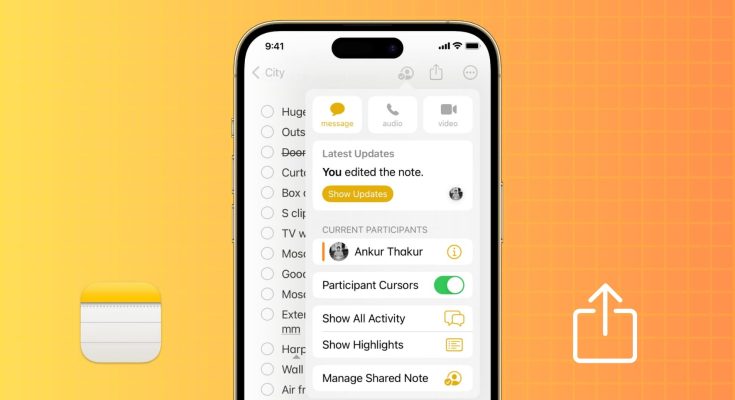Keeping personal notes private is important for many people. Whether it’s a diary, financial information, passwords, or other sensitive data, having effective ways to hide and secure your notes gives you peace of mind.
Use encoding
Come up with a scheme to substitute letters, numbers, or symbols so only you know how to decipher it. For example, you could shift the alphabet over by a set number of letters, use symbols to represent certain words or concepts or reverse the order of letters in words. Just make sure you remember how to decode your notes later. This essentially creates a secret code that others can’t easily break.
Hide notes in plain sight
What is a safenote? An unexpectedly effective way to hide personal notes is by disguising them in plain sight. For example, name a notes file something boring like “Grocery List” so people won’t open it. Print notes in very small fonts on regular pieces of paper and tape them under a desk or furniture. Write notes using invisible ink which only shows up under UV light. Or hide notes among other harmless documents. Most people won’t thoroughly search through every sheet of paper, so obscurity works well.
Use secure digital notes apps
There are various apps and software programs made specifically for securely storing private digital notes. These allow you to password-protect notes, encrypt content, hide files, and utilize other security features. For example, Microsoft OneNote, Standard Notes, and Joplin are all popular secure note apps. They decrease the risk of someone accessing notes directly on your devices. Some also have options to further back up and protect files on the cloud.
Hide physical notes in secure locations
For physical paper notes, use secure hiding locations to store them. Possible options are placing notes in a locked safe, hidden compartment furniture, hollowed-out books, sealed containers buried underground, inside the walls/ceilings of your home, and any other sneakily concealed spot. Just make sure locations are dry, out of direct sunlight, and remain at relatively stable temperatures if you want notes to last. Also be careful about pinning, stapling, or taping notes in places since this damages the paper over time.
Use unlikely storage devices
You also save digital note files onto uncommon devices that people won’t think to search. Flash drives, external hard drives, and SD cards all be hidden in discreet locations when not in use. You also upload files to specially purchased old phones, tablets, or laptops that stay powered off and stowed away. Just make sure to encrypt the notes first for an added layer of security. This makes it less likely for others to stumble upon your private notes.
Leverage password managers
Specialized password manager software gives you extra security for storing any credentials related to private notes. These apps create encrypted digital vaults secured behind master passwords. Any passwords, login details, or sensitive info are safely stored inside. And password manager apps have options to completely lock someone out after a set number of failed login attempts.




